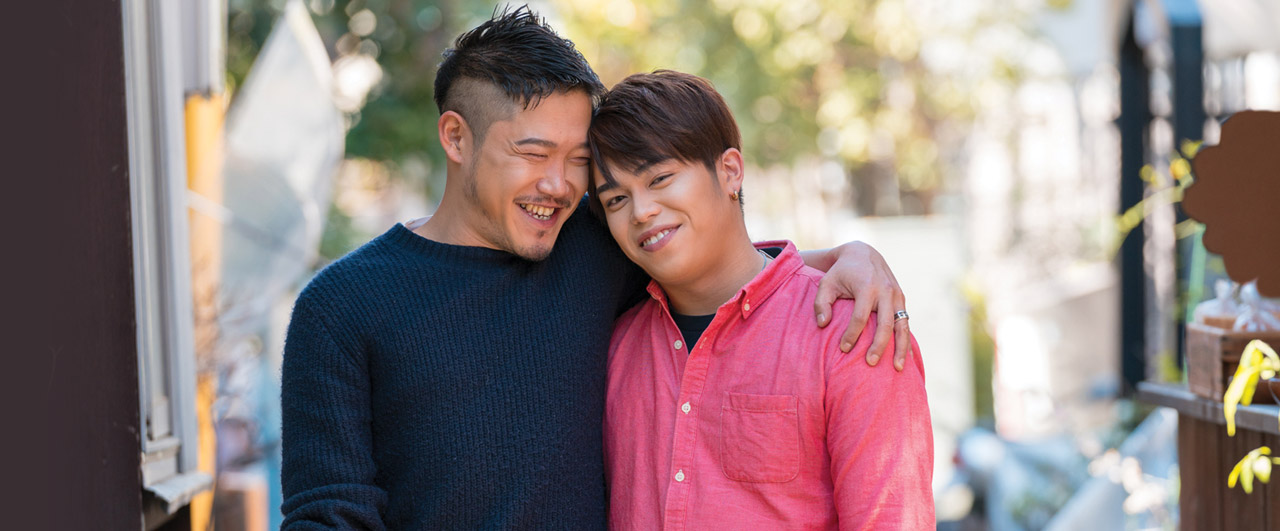“Unfortunately, it’s likely that those who identify as LGBTQ have already faced stigmas at some point in their lives,” says Kyle Bonner, LCSW, LCADC, Coordinator of Diversity and Inclusion Programs for Princeton Health. “Identity-related negative experiences like bullying, trauma, and violence can precipitate the need for care. Seeking behavioral health care when you’re wondering if you’ll be treated differently can be especially intimidating.”
According to Bonner, behavioral health providers can help ease this anxiety by adopting simple strategies that ensure inclusivity as an overall approach to care for all patients. He offers these tips:
- Open the therapeutic relationship by asking how patients prefer to be addressed. They may use a chosen name rather than a birth name, and they may prefer specific pronouns that are not always evident based on appearance.
- Adjust the way questions are asked. For example, “Are you in a relationship with someone?” rather than “Do you have a girlfriend?” is more inclusive.
- Be mindful of your body language or any subtle reactions to a patient’s appearance.
- Post an inclusive sign on the door or in the reception area.
“Little adjustments in vocabulary and approach can make a big difference in building that comfort level with patients,” says Bonner. “These strategies can help LGBTQ patients know that they’re in a safe space and won’t be judged for who they are.”
As the therapeutic relationship evolves, a focus on self-compassion, acceptance, and empowerment can be invaluable for those who have faced criticism about their identity. Engaging parents or a loved one and educating them about specific challenges and how best to address them is also crucial. In addition, it can be reassuring to point out advances in LGBTQ rights in recent years.
Inclusivity at Princeton House
Princeton House’s work with patients identifying as LGBTQ focuses on dialectical behavior therapy (DBT) education and skills, empowerment, and inclusivity. Group therapy provides an inclusive environment for patients to express themselves in any way they choose while supporting their peers in doing the same. Staff receive education on gender identity and LGBTQ issues, and Grand Rounds are held on these topics at various departments across Princeton Health. A new hospital-wide committee on diversity and inclusion includes representatives from each department.
“We provide a safe space for all patients regardless of sexual identity or orientation, so that everyone can achieve their full potential,” Bonner adds.
 For more information about sexual identity issues faced by children and teens, visit ustream.tv/princetonhealth to view “Coming out LGBTQ: A Sexual Identity Discussion for Families.”
For more information about sexual identity issues faced by children and teens, visit ustream.tv/princetonhealth to view “Coming out LGBTQ: A Sexual Identity Discussion for Families.”
Article as seen in the Winter 2019 issue of Princeton House Behavioral Health Today.



